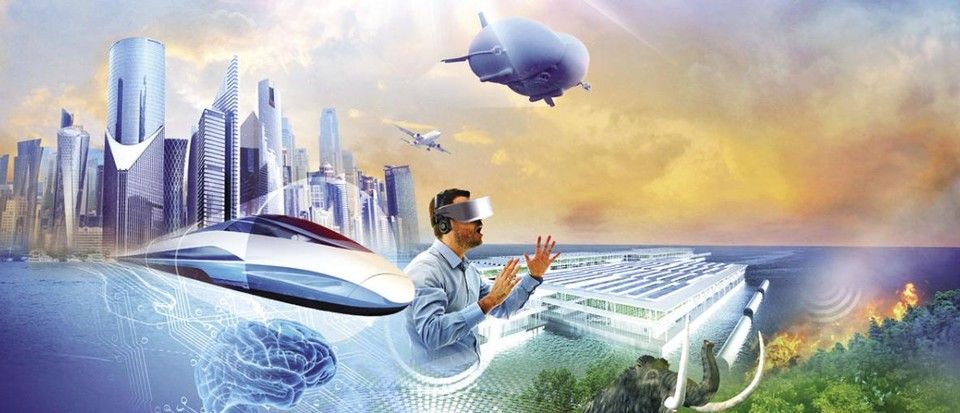
22 future technologies that will change the world
The world is evolving at an unprecedented pace, and with it, technology is advancing rapidly. In the not-so-distant future, we can expect to witness the emergence of groundbreaking technologies that will reshape the way we live, work, and interact with the world around us. Here are 22 future technologies that have the potential to change the world as we know it:
Quantum Computing: Harnessing the power of quantum mechanics, quantum computers will revolutionize computation, solving complex problems exponentially faster than classical computers.
Artificial Intelligence (AI): AI will continue to grow in sophistication, enabling machines to learn, reason, and make decisions, transforming industries such as healthcare, finance, and transportation.
Internet of Things (IoT): The IoT will connect everyday objects to the internet, enabling seamless communication and data exchange, leading to smart homes, cities, and industries.
5G Technology: The fifth-generation wireless technology will enable faster data transfer, low latency, and connect billions of devices, facilitating the growth of autonomous vehicles, smart grids, and more.
Virtual Reality (VR) and Augmented Reality (AR): VR and AR will transform the way we experience and interact with digital content, offering immersive simulations and enhancing real-world experiences.
Blockchain: Beyond cryptocurrencies, blockchain technology will revolutionize various industries, providing transparent, secure, and decentralized systems for transactions, supply chains, and more.
Gene Editing: Advancements in gene-editing technologies, such as CRISPR-Cas9, will offer potential cures for genetic diseases, transform agriculture, and pave the way for personalized medicine.
Renewable Energy: Technological advancements in solar, wind, and other renewable energy sources will accelerate the transition to clean energy, reducing dependence on fossil fuels.
Robotics: Robots will become more versatile, collaborative, and autonomous, revolutionizing industries like manufacturing, healthcare, and agriculture, improving productivity and safety.
Autonomous Vehicles: Self-driving cars and trucks will redefine transportation, reducing accidents, traffic congestion, and fuel consumption while enabling efficient and convenient mobility.
3D Printing: Rapid prototyping and additive manufacturing will transform various industries, including healthcare, aerospace, and construction, enabling customized and sustainable production.
Biotechnology: Advances in biotechnology will lead to breakthroughs in healthcare, agriculture, and environmental conservation, with innovations like lab-grown organs and bio-based materials.
Nanotechnology: Manipulating matter at the nanoscale, nanotechnology will revolutionize industries by creating new materials, enhancing energy storage, and enabling targeted drug delivery.
Space Exploration: Advancements in space technologies will enable human colonization of other planets, resource mining, and further understanding of the universe.
Clean Water Technologies: Innovative solutions for water purification and desalination will address the global water scarcity challenge, providing clean drinking water to millions.
Wireless Energy Transfer: Technologies like resonant inductive coupling and wireless power transmission will enable wirelessly charging electronic devices, eliminating the need for cables.
Smart Cities: Integration of technology into urban infrastructure will lead to more efficient resource management, improved public services, and enhanced quality of life for residents.
Brain-Computer Interfaces (BCIs): BCIs will enable direct communication between the brain and external devices, revolutionizing healthcare, assistive technologies, and gaming.
Advanced Materials: From graphene to metamaterials, the development of advanced materials will unlock new possibilities in electronics, energy storage, aerospace, and more.
Fusion Energy: Achieving controlled nuclear fusion will provide a clean, safe, and virtually limitless energy source, solving the world's energy crisis.
Biometrics and Authentication: Advanced biometric technologies like facial recognition and fingerprint scanning will enhance security systems, protecting identities and preventing fraud.


